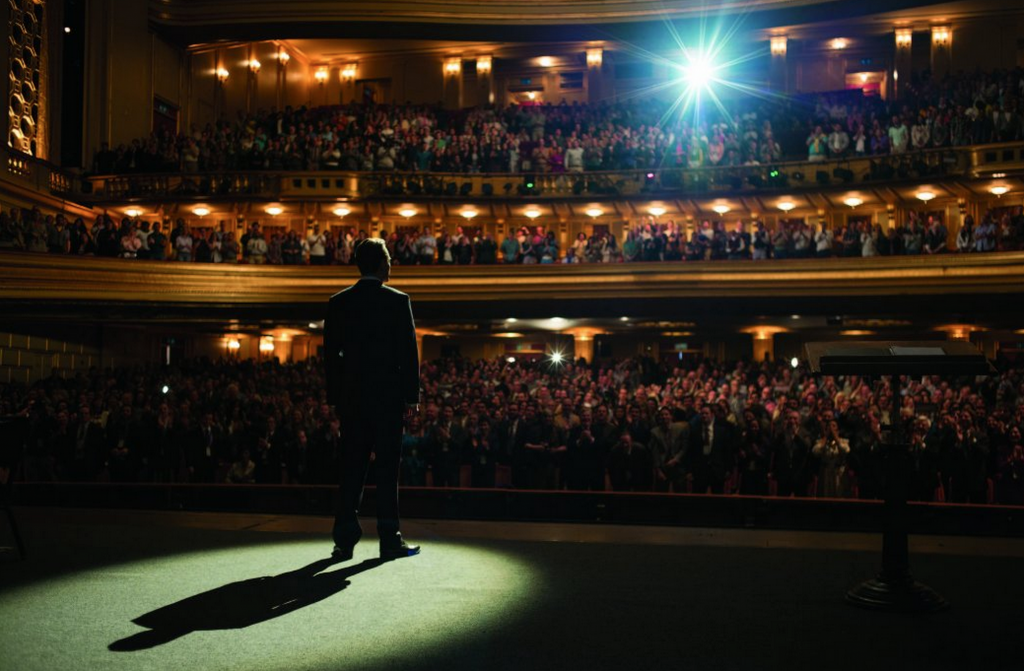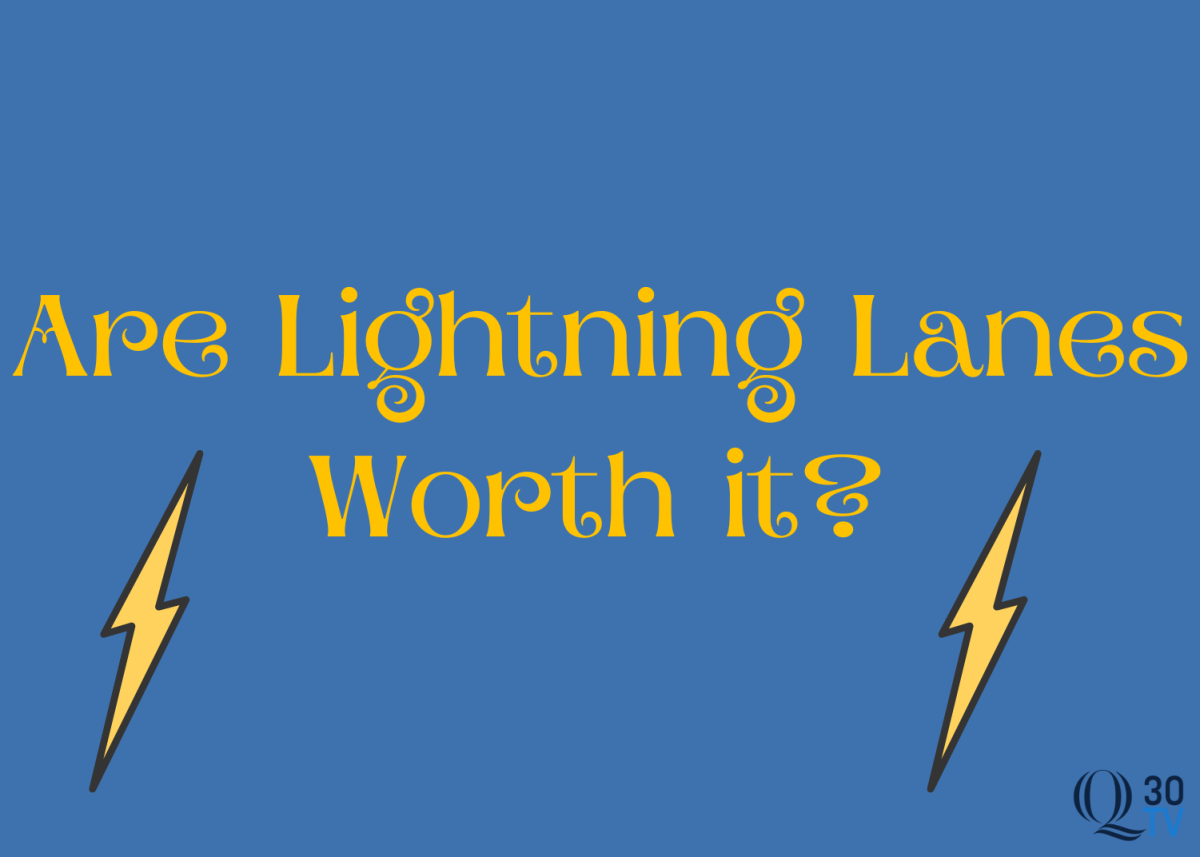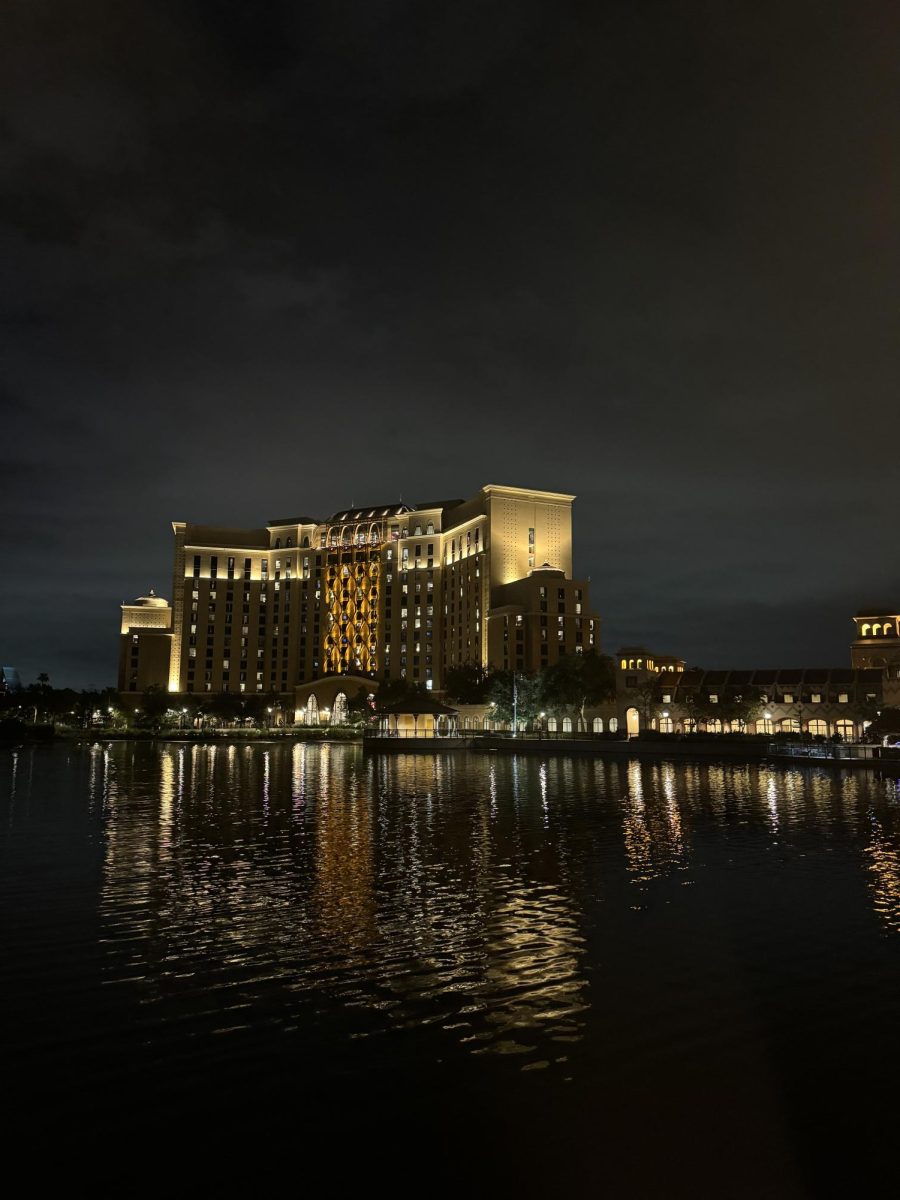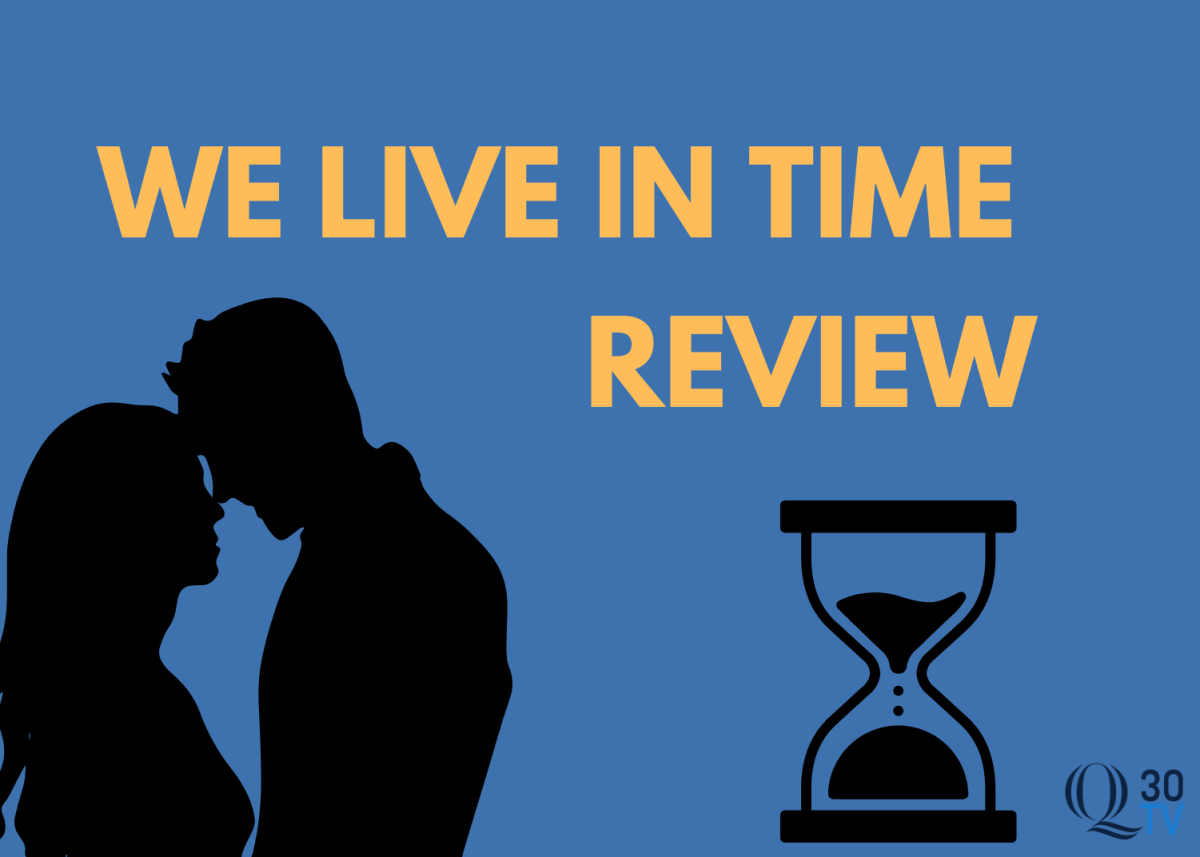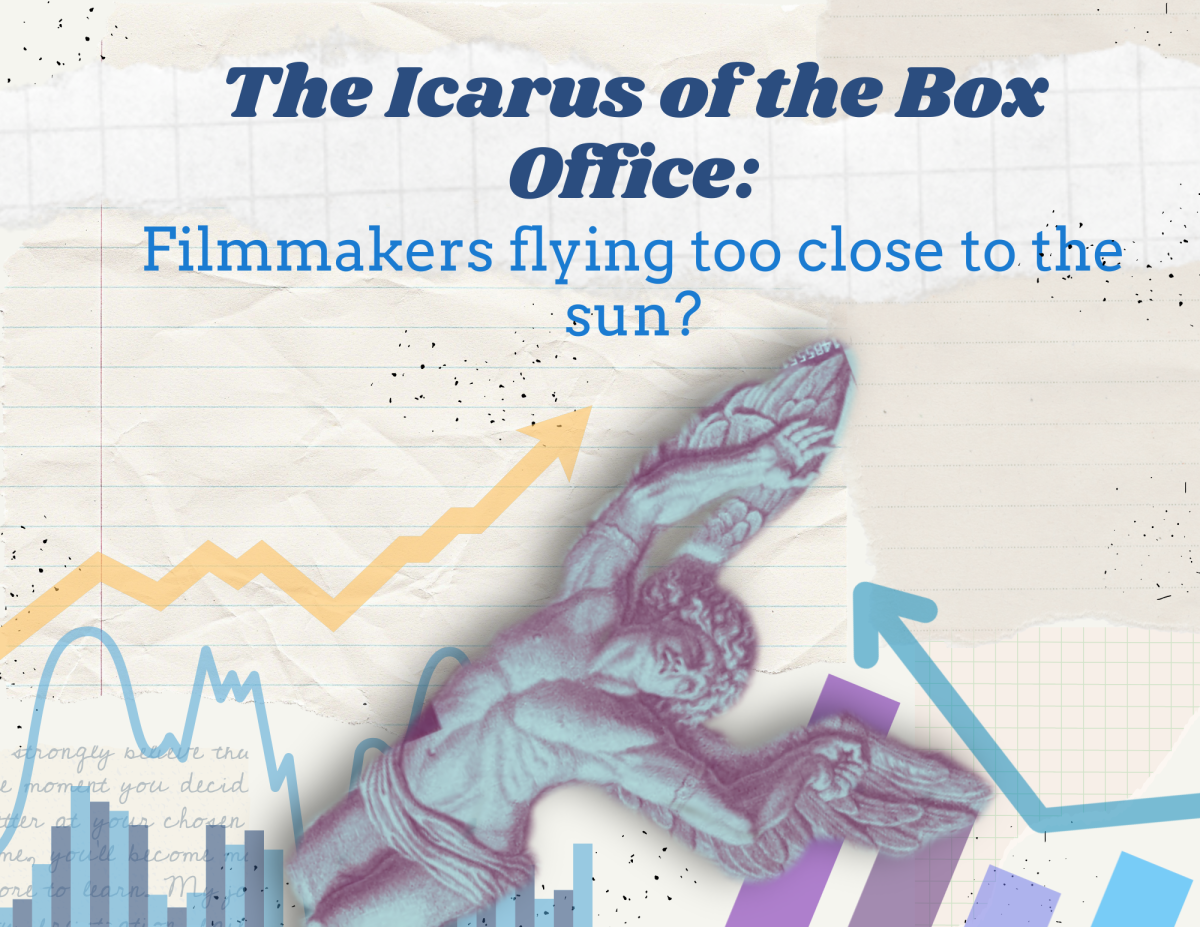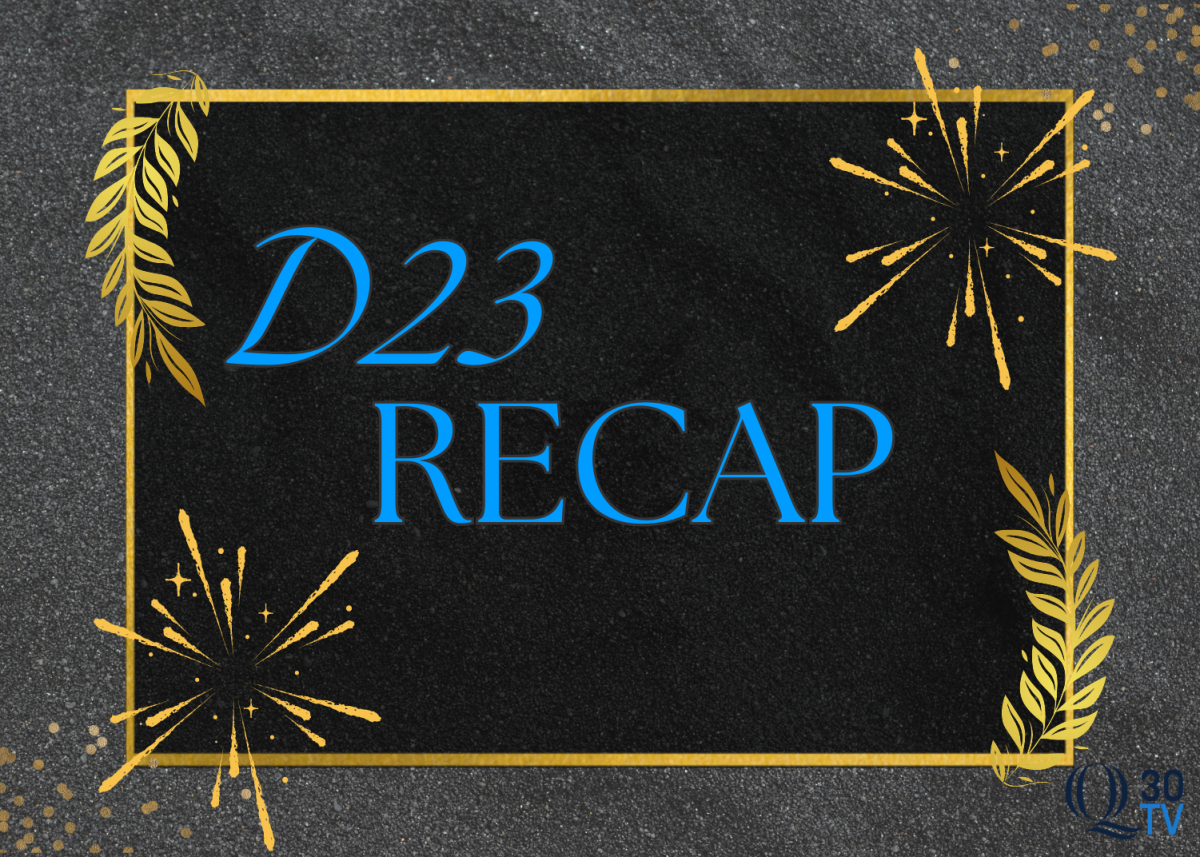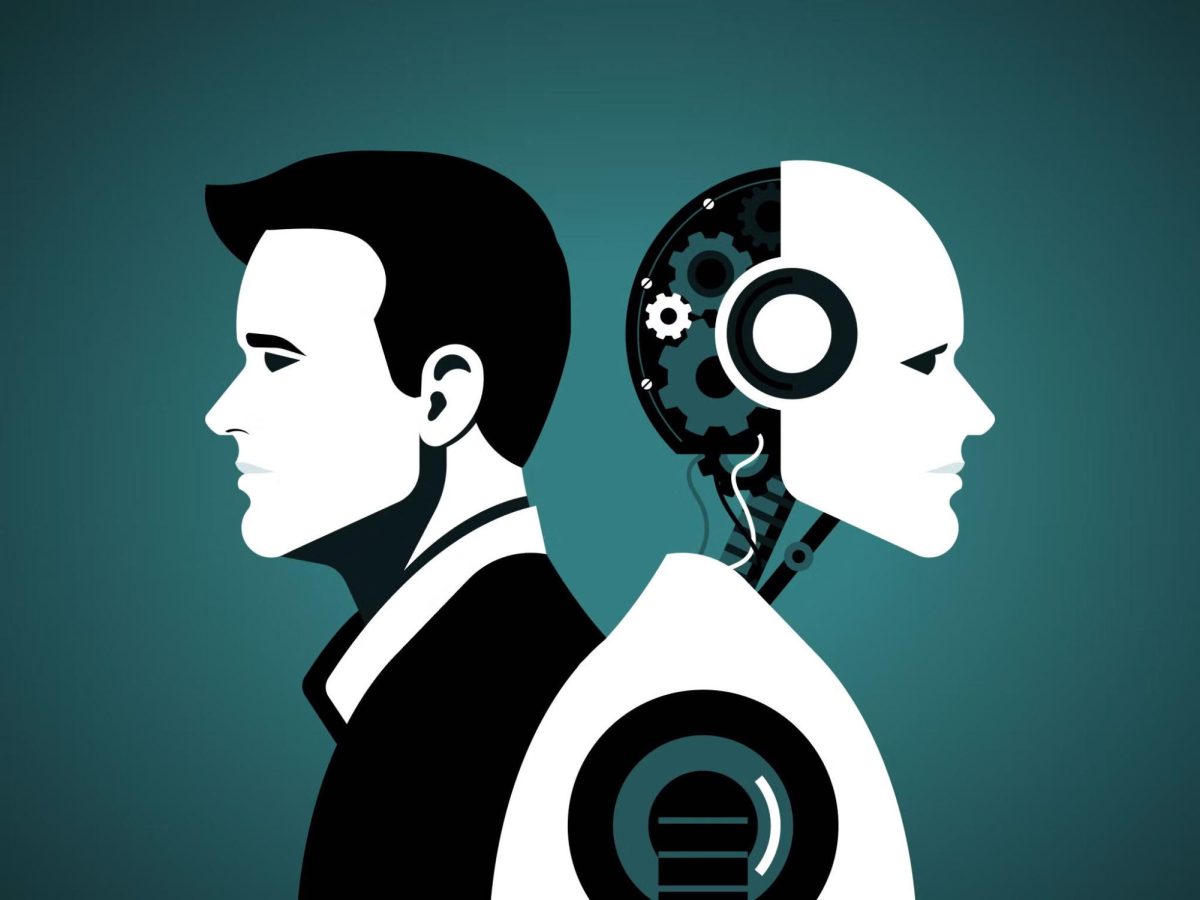Photo courtesy of Universal Pictures.
By Vincent Guarino
Apple and their products have become an integral part of most lives. Some people cannot last one second without their iPhone by their side and if it isn’t their iPhone, it is another smartphone that was made to compete with Apple’s iPhone.
The man you need to thank for that is Apple’s late co-founder, Steve Jobs. No matter what you think of him, he had a vision. He was a visionary, even though he didn’t know how to make a lot of what he came up with. He had teams of people who deserve a lot more credit than they get, like the brilliant Steve Wozniak.
Steve Jobs is a biopic about Steve Jobs. The thing is, this is not a run of the mill biopic about Jobs, similar to the 2013 film about his life where Ashton Kutcher played him and Apple had heavy involvement. This film gives us a more accurate view of who this man really is.
Academy Award winning writer, Aaron Sorkin, is the man behind this brilliant screenplay. Sorkin splits the film into 3 acts, which all take place right before one of Job’s big press conferences. So in this film it is the launch of the Macintosh, the NeXt, and the iMac.
Steve Jobs tells and shows you more about the co-founder in these three acts, that take place years apart, than just watching a cliff notes of life (*cough* *cough* Jobs (2013)). The film reminds me of last years Selma, which taught us so much about Martin Luther King Jr. by just showing us a slice of his life.
What I love so much about this film, is that Steve Jobs is not painted as this hero most people thought he was. He actually was a pretty indecent man with a ton of flaws.
Yes, Aaron Sorkin’s screenplay is possibly the best of the year and is a big reason for why this movie is as great as it is. However, there are a lot of other people who compliment this script in great ways.
Danny Boyle is an incredible director and he puts his personal touch on Steve Jobs. He adds his stylish and fast paced directing style to the film, but at the same time doesn’t make you think you are watching a film. His decision to shoot each act on different formats is a unique and fascinating way to help show Job’s transformation. The first act is shot in 16mm, the second in 35mm, and for the third act he shoots on digital.
Seth Rogen, Kate Winslet, Jeff Daniels, Katherine Waterson, and Michael Stuhlbarg are in the film’s supporting cast respectively as Steve Wozniak, Joanna Hoffman, Jon Scully, Chrisann Brennan, and Andy Hertzfeld. While everyone in the supporting cast is great, the best of this group is Seth Rogen because he is finally able to showcase how he is as a dramatic actor.
How is the man who plays Steve Jobs, though? How is Michael Fassbender? All I’m saying is, I hope he has his Oscar speech ready because as of right now, he is the one to beat. Ashton Kutcher’s performance is at the level of middle-schooler’s compared to Michael Fassbender’s performance.
What is so impressive is how Boyle and Sorkin give the characters full arcs that do not feel rushed. You would think since the movie is split into three acts that are years apart the audience would miss the character growth in-between, but no, it all works.
Steve Jobs is a triumph. After being stuck in development hell at Sony last year, Universal has come in and saved the day by helping bring Danny Boyle and Aaron Sorkin’s vision of Jobs to the big screen. Thanks to stylish direction, a superb screenplay, and performances that are so convincing you forget you are watching a movie, Steve Jobs is a film you cannot miss.


